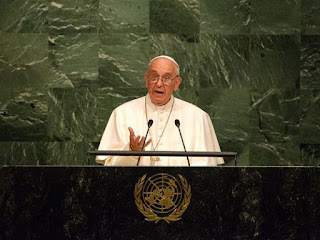I submit that the academic field of business ethics failed in not being able to anticipate the fraud and exploited conflicts of interest that precipitated the financial crisis of 2008. That is to say, business-ethics scholars, including myself, failed utterly. To the extent that the general public relies on us to shoot off flairs in advance of a high likelihood of icebergs in the water ahead, we failed in our social responsibility, ironically as many of us were admonishing corporate managers to be socially responsible. Many who did so used could use their programs as advertisements or even window-dressing. In this essay, I point to some of the academic reasons why business-ethics scholars failed so miserably.
The full essay is at "Essays on the Financial Crisis."




















